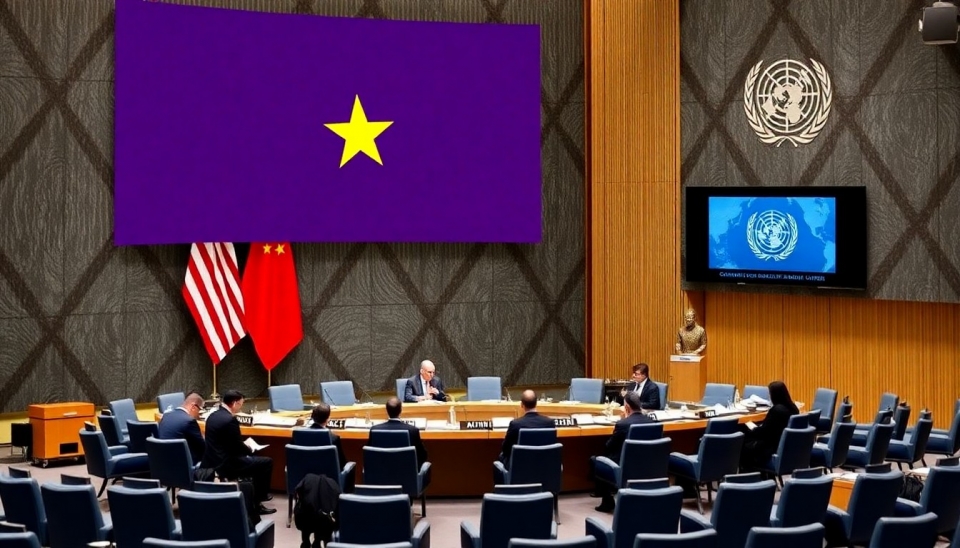Israel Set to Hold Rates Amid Ongoing War and Rising Inflation

Israel is on the verge of a crucial economic decision that could significantly impact the country's financial stability. With an ongoing conflict and rising inflation, the Bank of Israel is expected to keep the current interest rate at 5.25%. This decision is typically linked to the need to maintain economic equilibrium in a nation at war, facing increasing prices for essential goods and services.
According to a recent report published by the Bank of Israel, inflation stands at 5.1% and continues to exceed the central bank's target rate. In this context, holding the rate is an attempt to prevent further price increases and, consequently, to support the purchasing power of the population.
The conflict that began last year has significantly impacted the country's economy, increasing government expenditures and requiring the central bank to make balanced decisions regarding monetary allocations and interest rates. Amid the uncertainty surrounding the conflict, job applications and overall economic activity show mixed signals, which also shapes the approach to monetary policy.
Some economists predict that if inflation continues to rise, the central bank may have to reconsider its policy and even consider increasing rates in the future, which could potentially slow economic growth. Such a scenario raises concerns among businesspeople and ordinary citizens, as rising interest rates often lead to higher costs of loans and credit cards.
Meanwhile, authorities are trying to express confidence that economic resilience and recovery capabilities can foster hopes for a brighter future, helping to avoid further economic difficulties. This underscores that financial policy will remain a focal point for the government, especially in light of the fluid economic and social processes.
#economy #inflation #Israel #central #bank #interest #rates #war




